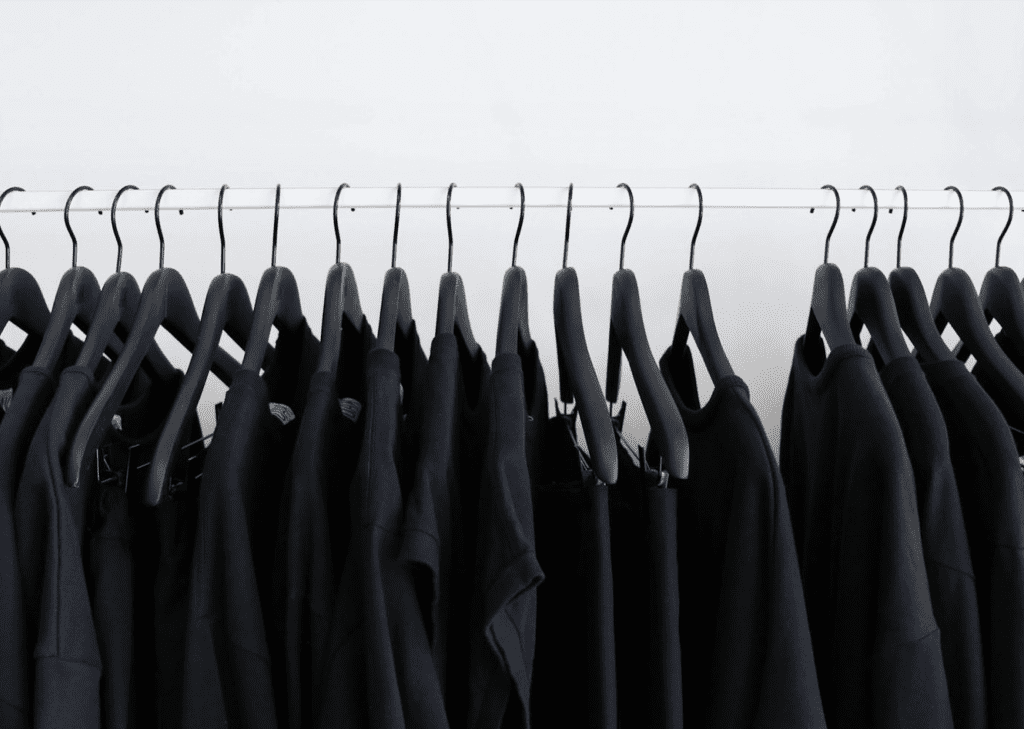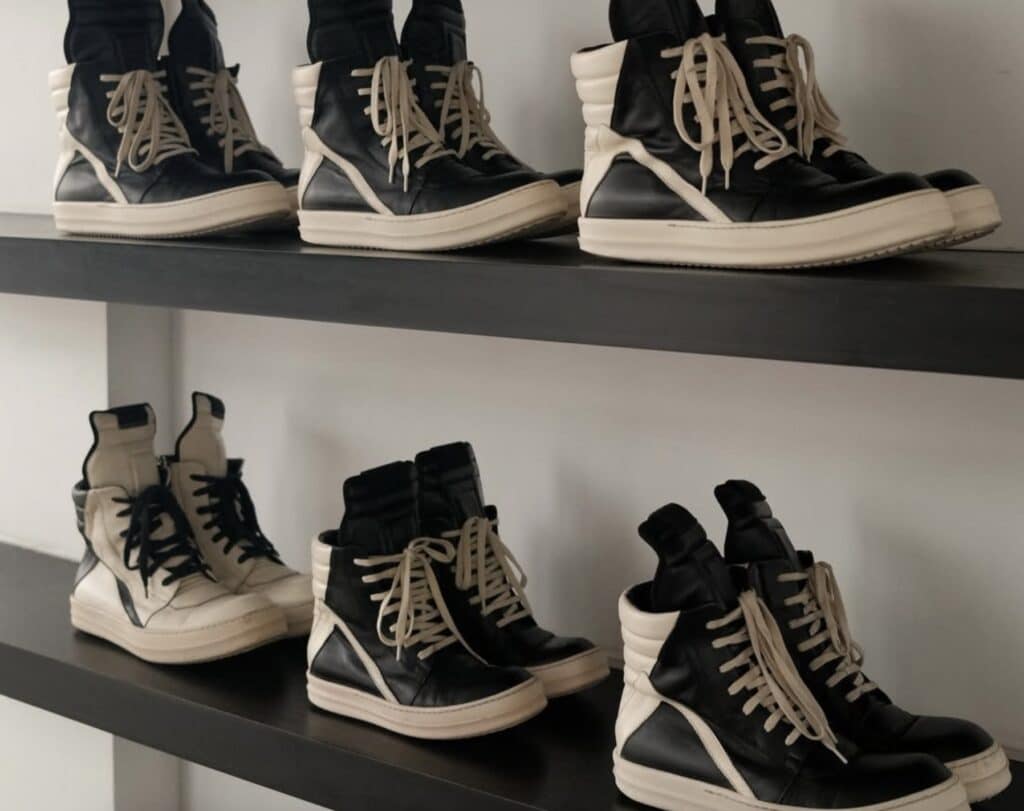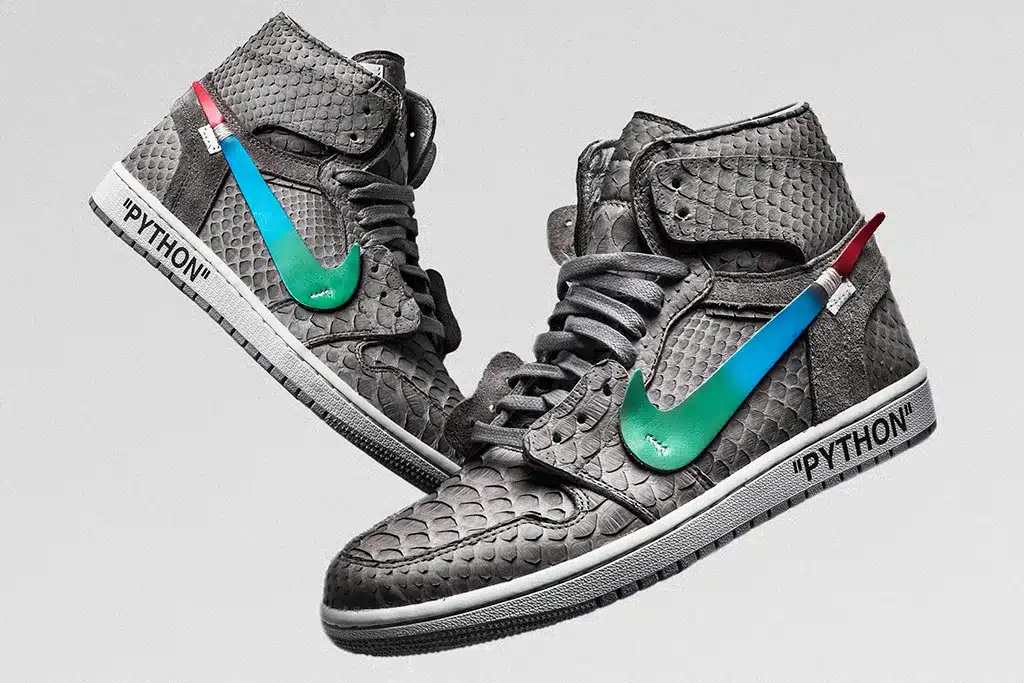Fashion Nova made headlines in late 2019 when it was revealed that behind the fast fashion behemoth’s $25 denim and $35 velvet dresses was a web of “secret underpaid workers” laboring in factories in Los Angeles in order to churn out low-cost – but utterly Instagrammable – garments and accessories that have been heavily endorsed by mega-stars like Cardi B and the Kardashian/Jenners. According to a December 2019 report from the New York Times, Fashion Nova’s clothing was being “made in dozens of factories [in Los Angeles] that owe $3.8 million in back wages to hundreds of workers,” with some allegedly paying “their sewers as little as $2.77 an hour” based on the number of garments created.
The public-facing claims made against Fashion Nova – the Southern California-based brand that has won over many-a-millennial since it was founded in 2006 – were hardly novel. In fact, they mirrored those that have long-plagued no small number of domestically-headquartered retail companies, with Forever 21, among others, being cited on more than one occasion by the Department of Labor (“DOL”)’s Wage and Hour Division in connection with its manufacturing practices.
At the time of the New York Times’ striking exposé in 2019, Fashion Nova’s general counsel said that “any suggestion that Fashion Nova is responsible for underpaying anyone working on our brand is categorically false.” Meanwhile, the company asserted that its dealings with the 700-or-so vendors tasked with making the trend-specific wares that it sells are in “strict alignment with California law.”
Despite the findings of the DOL, which clearly suggested the existence of rampant wage and labor violations, it was not necessarily inaccurate for Fashion Nova to argue that it was operating in line with California state law. That assumed, of course, that the company can successfully position itself as a retailer of apparel and accessories, as opposed to a manufacturer. That was an important distinction because it meant that the company – and others – could escape liability under AB 633, the “landmark” anti-sweatshop legislation that the state of California passed two decades ago.
Enacted in 1999, AB 633 was praised for its aim to prevent wage theft in California’s sweatshop-infested garment industry, the home of the vast majority of garment manufacturing in the U.S. By enabling garment workers to recoup back wages from their factory boss, and any garment manufacturing company that does business with that person, the law seemed like a promising way to eradicate abuses from the state’s sweeping garment manufacturing sector.
However, in the time since AB 633 was passed (much to the chagrin of California-based fashion and apparel companies), its efficacy has been the subject of ongoing scrutiny. Significantly, because AB 633 focuses on individuals who have been damaged “by the failure of a garment manufacturer, jobber, contractor, or subcontractor to pay wages or benefits,” the acts of a retailer, such as Fashion Nova, were exempt from liability in accordance with a strict reading of the law.
As Los Angeles County Board of Supervisors member (and former U.S. Secretary of Labor) Hilda Solis said at the time of the Fashion Nova report, “Some retailers and manufacturers have spent the last 20 years circumventing the law by creating layers of subcontracting, allowing them to avoid being classified as garment manufacturers, and to avoid liability [under AB 633], thereby, preventing tens of thousands of garment workers in Los Angeles County from recovering stolen wages.”
According to legislative findings, “So-called ‘retailers’ contract with a network of manufacturers and contractors to produce their garments and dictate the pricing structure that causes wage violations. This leads to a vicious price competition, resulting in garment workers being paid an average of $5.15 per hour, well below minimum wage,” in accordance with a pay-per-piece-made system, as opposed to an hourly wage one.
One key player in the push to mold garment manufacturing operations in a way to ensure that deep-pocketed companies could escape liability, namely by adding layers of contractors (and likely subcontractors, as well) between themselves and the individuals actually manufacturing the trendy garments? Forever 21.
As the Los Angeles Times reported in 2017, when faced with DOL action over alleged labor and wage violations within its supply chain, Forever 21 benefitted from AB 633. In order to avoid legal fallout, “Forever 21 [characterized itself] as a retailer, not a manufacturer,” since all of the manufacturing for the garments and accessories it sold was completed outside of its chain of employees.” As such, counsel for the company argued that it has “always [been] at least one step removed from Los Angeles factories.” And its claims worked: as of 2017, “sewing factories and wholesale manufacturers have paid hundreds of thousands of dollars to settle those workers’ claims,” according to the Los Angeles Times. Meanwhile, “Forever 21 has not had to pay a cent.”
Other, similarly-situated companies have followed suit and looked to the loopholes provided by AB 633 as a way to boost their margins and limit their expose to liability.
Garment Manufacturing & Senate Bill 62
The lifeline for brands that exists in AB 633 loopholes has been pared way back, however, with the passage of a new piece of legislation, Senate Bill 62, or the Garment Worker Protection Act, which California Governor Gavin Newsom signed into law on September 28. Stating that “the garment industry in California is rife with violations of minimum wage law, overtime laws, and health and safety standards,” while simultaneously having “the highest concentration of garment industry workers in the country,” SB 62 endeavors to ensure that laborers in the apparel manufacturing space in California are paid a minimum wage by the hour instead of having pay dictated by the number of pieces created.
Upholding the intent of AB 633, the newly-signed law states that “upstream liability,” (i.e., liability for the commercial customer of the manufactured apparel, such as brands like Fashion Nova) must be “established, or the unrelenting problem of wage theft in the garment industry will continue.”
In addition to requiring “every employer engaged in the business of garment manufacturing” to keep detailed and up to date records of “the names and addresses of all garment workers directly employed by such person,” “the hours worked daily by employees,” and “the wage and wage rates paid each payroll period,” among other things, SB 62 requires that “employees engaged in the performance of garment manufacturing shall be paid at an hourly rate not less than the applicable minimum wage.”
In terms of liability, SB 62 states that “a garment manufacturer, contractor, or brand guarantor who contracts with another person for the performance of garment manufacturing operations shall be jointly and severally liable with any manufacturer and contractor who performs those operations for the garment manufacturer or brand guarantor, for … the full amount of unpaid minimum, regular, overtime, and other premium wages, reimbursement for expenses, and any other compensation, including interest, due to any and all employees who performed the manufacturing operations for any violation of this code.”
Put simply: The new law makes clothing brands and their holding companies jointly liable for the full amount of an employee’s unpaid wages and any other compensation alongside garment manufacturer contractors. And this goes all the way down the supply chain, making a brand jointly liable for the entirety of the manufacturing chain when it contracts with another entity to perform garment manufacturing operations.
Speaking about SB 62 on Tuesday, which has faced pushback from various industry groups as potentially capable of pushing apparel manufacturing operations (and the jobs that they provide) out of California, Governor Newsom asserted that “California is holding corporations accountable and recognizing the dignity and humanity of our workers, who have helped build the fifth-largest economy in the world.”
As for what brands should do in the immediate wake of the signing of the new law, which is slated to take effect on January 1, 2022, Seyfarth Shaw attorney Scott Mallery encourages companies to “immediately begin auditing their vendors to ensure compliance with all California wage and hour laws, regulations, and wage orders.” Going forward, he states that companies selecting vendors “might consider measures such as: (1) checking for membership in the Fair Labor Association, (2) third-party audit certifications, (3) posting of bonds, (4) enhanced financial strength screening, and (5) review of any prior wage violations” in order to avoid potential issues in connection with the new law.
SB 62 is the latest in a string of efforts in recent years that seem to indicate that significant regulatory change may be coming to the fashion industry in Western Europe and the United States, particularly as ESG issues continue to find traction among consumers and investors, alike.











